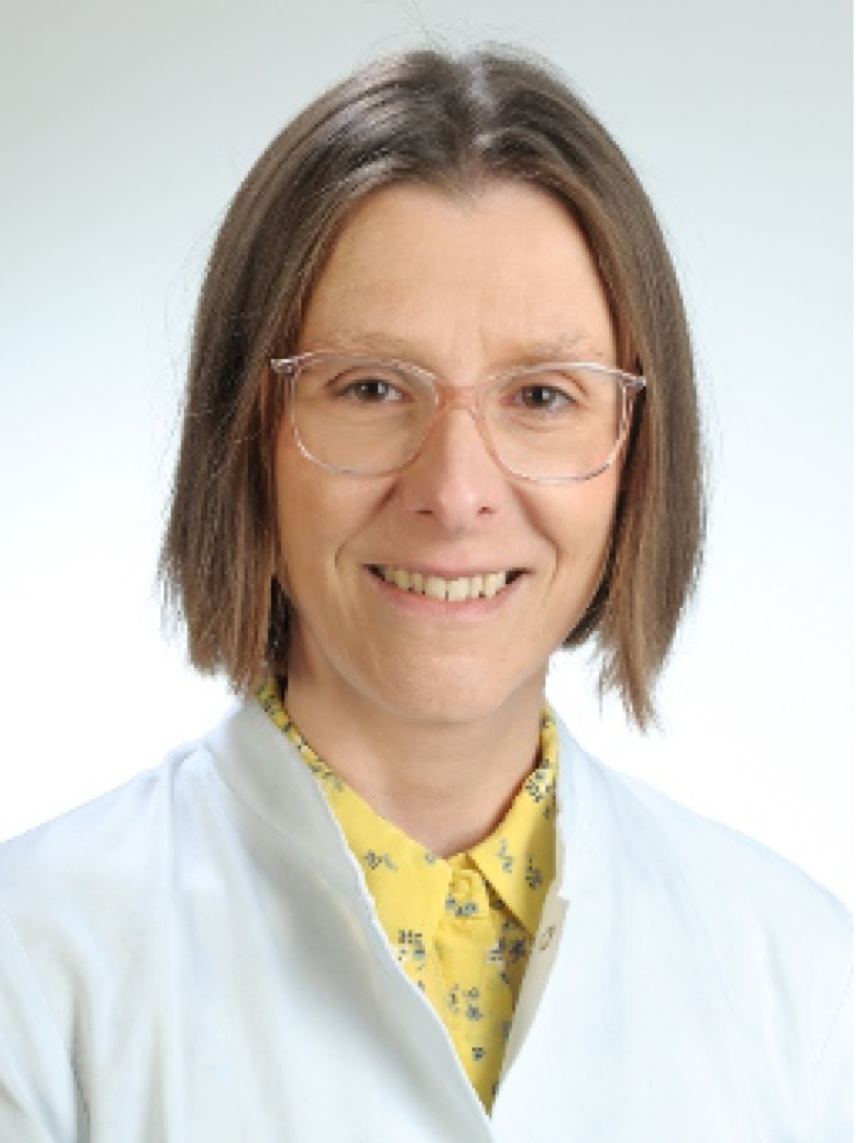Inga Voges1, Jin Ye Yeo2
1University Hospital Schleswig-Holstein, Department of Congenital Heart Disease and Pediatric, Cardiology at the University Hospital Schleswig-Holstein in Kiel, Germany; 2CDT Editorial Office, AME Publishing Company
Correspondence to: Jin Ye Yeo. CDT Editorial Office, AME Publishing Company. Email: editor@thecdt.org
This interview can be cited as: Voges I, Yeo JY. Meeting the Editorial Board Member of CDT: Prof. Inga Voges. Cardiovasc Diagn Ther. 2024. https://cdt.amegroups.org/post/view/meeting-the-editorial-board-member-of-cdt-prof-inga-voges.
Expert introduction
Prof. Inga Voges (Figure 1) is a consultant at the Department of Congenital Heart Disease and Pediatric Cardiology at the University Hospital Schleswig-Holstein in Kiel, Germany where she is the lead for the Cardiovascular Magnetic Resonance (CMR) Imaging program. Her clinical interests are pediatric cardiomyopathies, adult congenital heart disease, and univentricular hearts.
After graduating from the Medical University Lübeck (Germany) in 2002, she started training in General Pediatrics at the Rostock University Medical Center (Germany) and underwent training in Pediatric Cardiology and Adult Congenital Heart Disease at the University Hospital Schleswig-Holstein, Campus Kiel (Germany). In 2013 and 2014 as well as from 2016-2018 she worked at the Royal Brompton and Harefield NHS Foundation Trust (London, UK) as a locum and permanent consultant in Pediatric Cardiology, Pediatric Cardiomyopathies, and CMR.
Prof. Voges is the current chair of the Association for European Paediatric and Congenital Cardiology (AEPC) imaging working group and the chair of the research group of the German Society of Pediatric Cardiology (DGPK). Furthermore, she is a board member of the program committee of the German Society of Cardiology (DGK). Prof. Voges has published several articles with a focus on cardiovascular imaging and congenital heart disease.

Figure 1 Prof. Inga Voges
Interview
CDT: What initially inspired you to specialize in pediatric cardiology and congenital heart disease?
Prof. Voges: The field of congenital heart defects and pediatric cardiology fascinated me very quickly in my pediatric career. The main reasons for this were the wide range of diagnostic equipment available and the opportunity to treat both children and adult patients.
CDT: Could you discuss the challenges and rewards of working in these areas?
Prof. Voges: The variety of heart defects and the growing group of patients with congenital heart defects can be challenging. Complex heart defects are among the most severe conditions and treatment guidelines are almost non-existent. Supporting patients and their families with important treatment decisions, especially when it comes to heart transplantation, is often not easy but can be rewarding.
CDT: Could you describe some of the pivotal experiences or mentors that shaped your career and influenced your approach to pediatric cardiology?
Prof. Voges: Above all, I have benefited from a good team and I learn from the patients every day.
CDT: What are some recent advancements in cardiovascular magnetic resonance imaging (MRI), and what impacts do they have on patient care?
Prof. Voges: 4D Flow is an important new method that allows newer hemodynamic parameters to be measured in addition to standard parameters. It allows a more comprehensive hemodynamic assessment. Furthermore, new post-processing methods (e.g. computational fluid dynamics) should be mentioned, which are expected to improve diagnostics and therapy.
CDT: In your opinion, what are the most critical areas that need further research or attention in the management of pediatric cardiomyopathies and congenital heart disease?
Prof. Voges: We need strong and easy-to-collect prognostic markers to better identify patients at risk. For patients with hypertrophic cardiomyopathy, markers that allow us to better plan the timing of implantable cardioverter-defibrillator (ICD) implantation would be important. For patients with Fontan circulation, markers that help us to define the best time point of listing for a heart transplant are needed. Only markers that are easy to collect are ultimately useful.
CDT: What advice would you give to young professionals or researchers entering the field of pediatric cardiology and cardiovascular imaging?
Prof. Voges:Explore the field and be curious. It has so much to offer.
CDT: How was your experience as an Editorial Board Member of CDT?
Prof. Voges: Being an editorial board member of CDT is an outstanding experience. I am proud to be able to promote the journal and to contribute to the journal’s great reputation.
CDT: As the Editorial Board Member, what are your expectations for CDT?
Prof. Voges: CDT should continue to aim to have a global impact and should stay with emerging trends and technologies. Promoting the journal’s content through social media and academic institutions is important and will make it visible.
